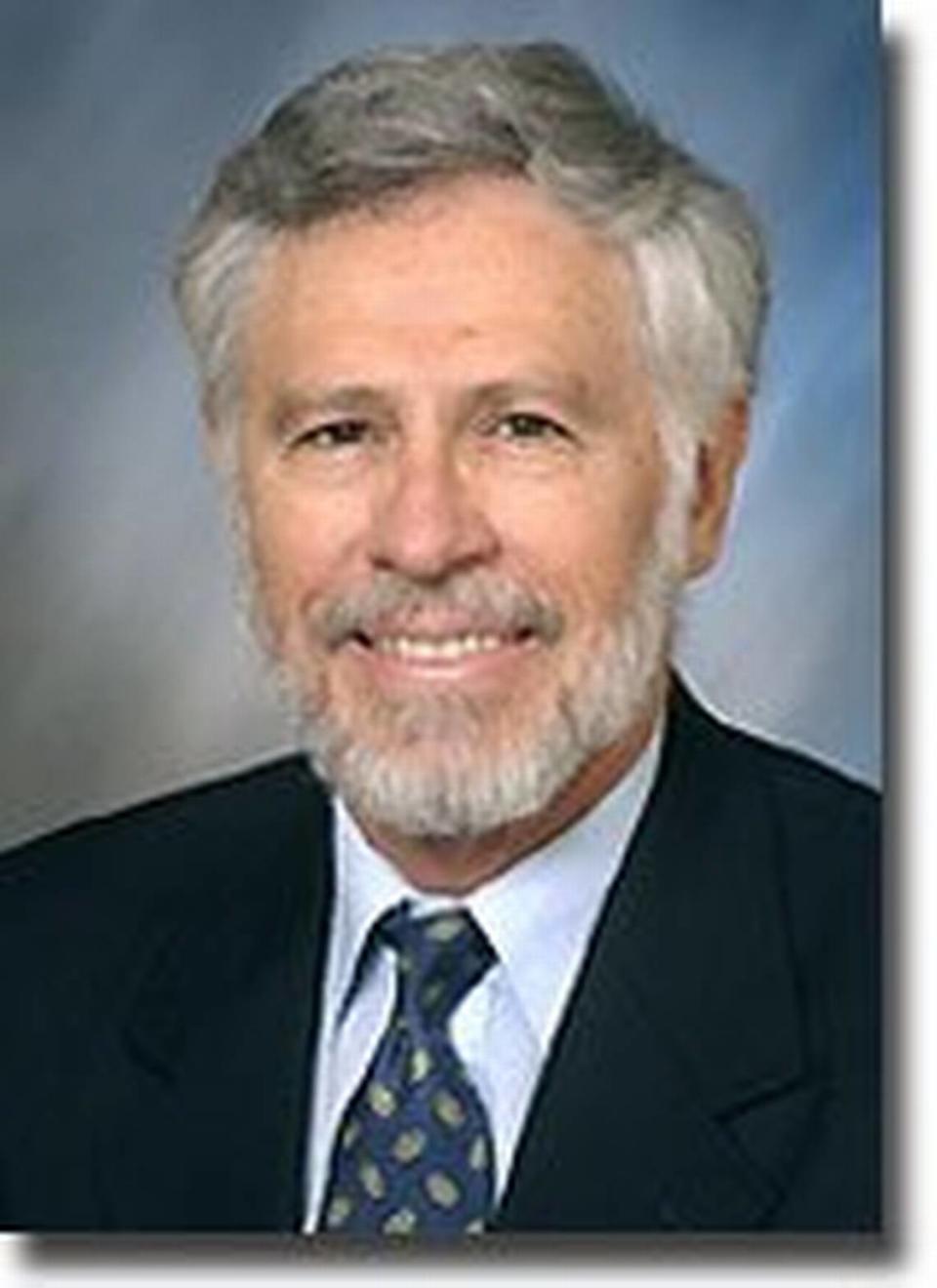UK is ‘accelerating’ in wrong direction with proposed dissolution of university senate | Opinion
I recall a riddle from my childhood: How many legs does a sheep have if you call its tail a leg? The answer: Four. Calling a tail a leg doesn’t make it one. The same applies to the shocking changes proposed to the rules structure of the University of Kentucky by President Capilouto. His intention is to remove elements of shared governance from the University Senate. Capilouto claims that, by demoting the Senate, with its elected membership, and, primarily, by appointing a 16-person committee made up of unelected students, staff, faculty, and administrators, he is increasing shared governance. This is a sheep’s tail.
As has been reported in the Herald Leader, the University of Kentucky President and Board of Trustees have, in the past few weeks, sprung a process they are calling Project Accelerate on the faculty. Acceleration is a vector quantity, which means it has both magnitude and direction. This project has great magnitude. The problem is that the direction is wrong. To use a metaphor familiar to most: a vehicle with the accelerator pressed to the floor. But this vehicle is in reverse gear. Project Accelerate starts off by alienating the faculty – it removes the University Senate, and hence the faculty, from meaningful shared governance.
To make the changes proposed to the Governing Regulations (GRs) of UK seem reasonable, the proponents had to try to paint the Senate as deficient – not nimble enough to do what the Commonwealth of Kentucky needs. That is a ridiculous assertion. So the President hired a consulting firm (Deloitte) to disparage the Senate. The firm didn’t even interview the Senate Council Chair nor attend any Senate meeting. There is no valid example that supports the idea that the Senate does not produce timely academic responsiveness.
The University Senate, composed mostly of elected faculty members plus elected students and deans, was first formed in 1918 and has been a vital part of UK’s success ever since. It worked well with administration and provided guidance for the Board of Trustees. In my 50 years at UK I spent a decade as a member of the Senate and served a term on the Board of Trustees. I can tell you that the Senate runs like a well-oiled machine. It operates democratically and with decorum. Its members and committees are intent on providing an excellent environment at the University for learning, research, and service. It has evolved an extensive set of rules to cover most situations that arise. The Deloitte report criticized the Senate for having a large rules document. Since when did preciseness and completeness become pejorative terms? The Senate Rules are not meant to be reading material. Like laws in general, they are meant to guide actions – in this case it is text to produce excellent educational policy and curriculum, in a timely manner.
To return to a vehicle analogy, the lane for the President is to be the public face of UK, particularly with the legislature, and to raise money. The lane for the faculty, from whence come the chairs, deans, and provost, is to develop and maintain the academic side of things—teaching and research. From when I served on the UK Board of Trustees I found the members good people, skilled in financial affairs, but basically clueless when it came to education policy and curricular matters. Some were there for the good of the University; others for the superb access to sporting events. (The Board members and guests sit mid-field and/or in a skybox for football games. For basketball games they are four rows back from mid-court. Sweet, huh?)
If the President truly had ideas about improving the academic mission of UK he could have engaged with the Senate and a productive collaboration would have certainly resulted. This could have been easy. He is actually the President of the Senate as well as President of the University. Instead we got his attempt to centralize decision making at the University by the administration.
I understand that the Deloitte report (itself, despite being paid for by university and state funds, is being kept secret from the faculty and the public; transparency is not a hallmark of Project Accelerate) said the Senate was composed of disgruntled faculty. No, it wasn’t, but it is now. Senate meetings generally have an attendance of approximately 75. In reaction to the President’s power grab, last month’s Senate meeting was attended by 100+ in the meeting room and another 300 (the Zoom limit) by video conference. Later, on 8 April, the Senate adopted an extensive resolution on the Principles of Shared Governance. It is available on the Senate website: universitysenate.uky.edu.
The resolution on Shared Governance was passed 3 to 1 by the Senate. It put forth: “that any changes to the Governing Regulations be paused to allow for meaningful engagement with the University Senate, the Staff Senate, and the Student Government Association.” Such a pause is a certainty if the President asks the Board for it. As we have seen, the President tells the Board what he wants the Board to tell him to do. If the President is not willing to do this – and continues to pretend that passing Project Accelerate is an emergency and must be implemented this month – I would not be surprised to see the faculty vote that it had no confidence in the President’s concern for the welfare of the University and call for his resignation.

Michael Kennedy is an Emeritus Faculty Member at the University of Kentucky.


